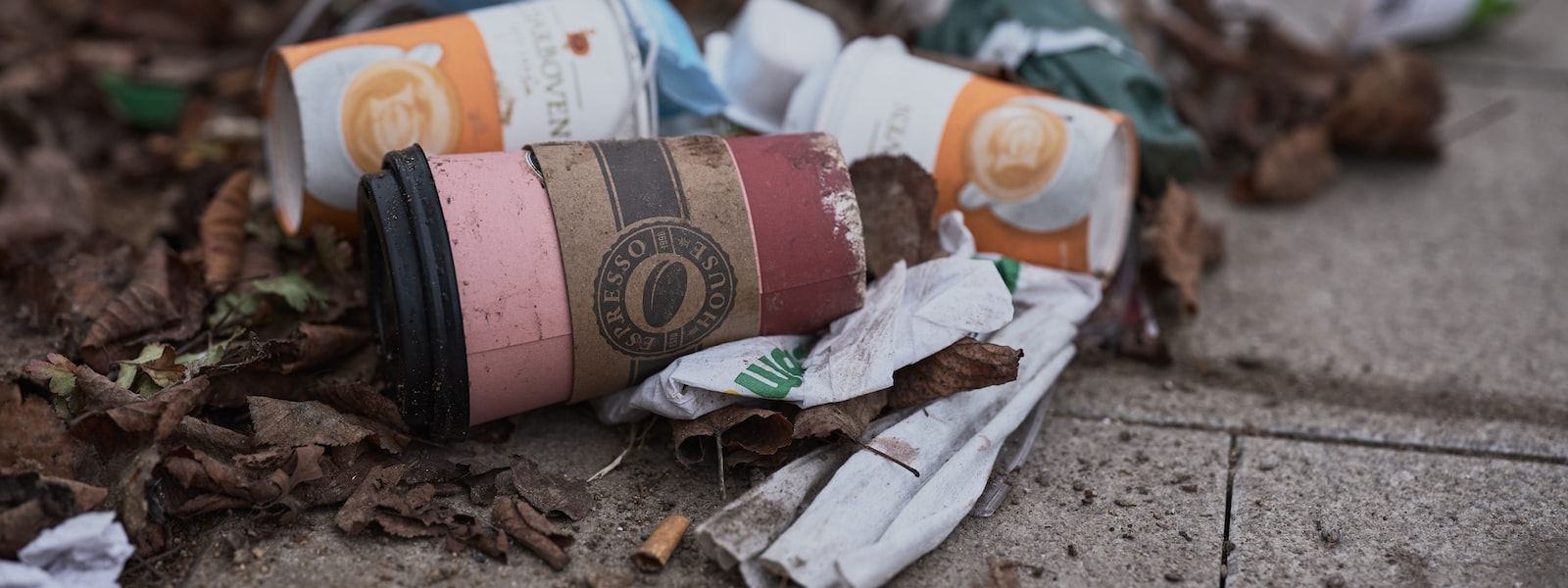
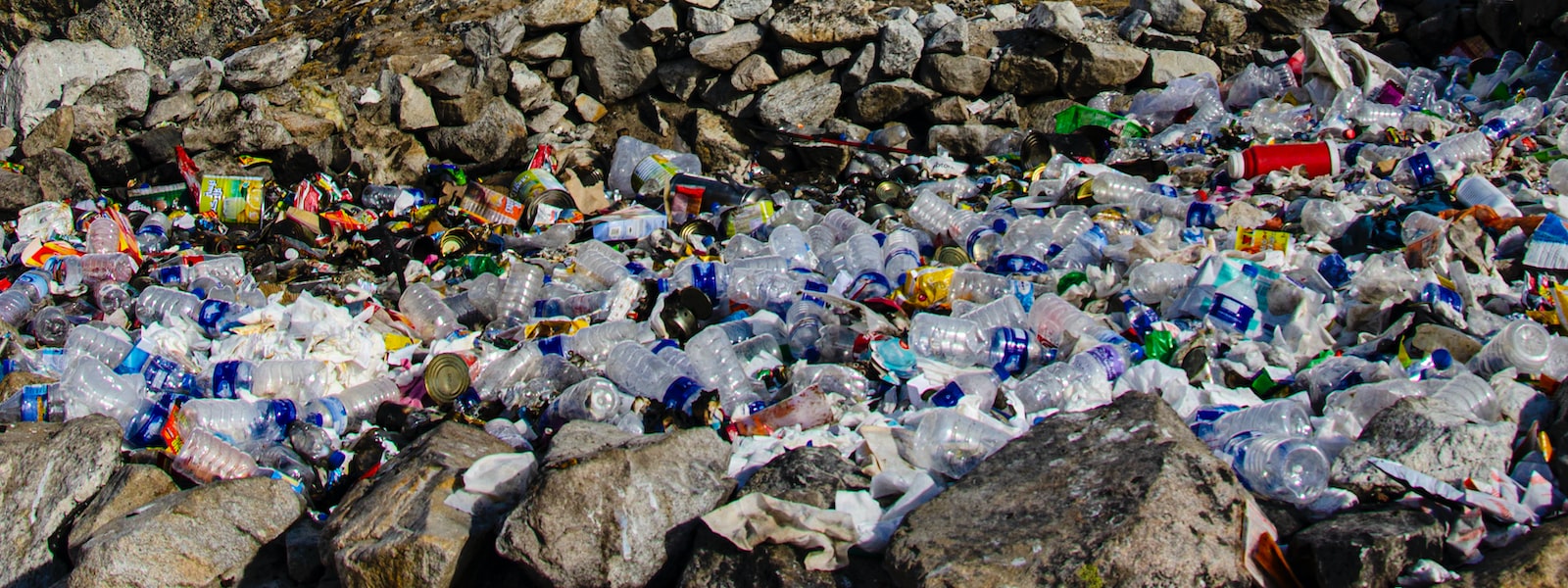
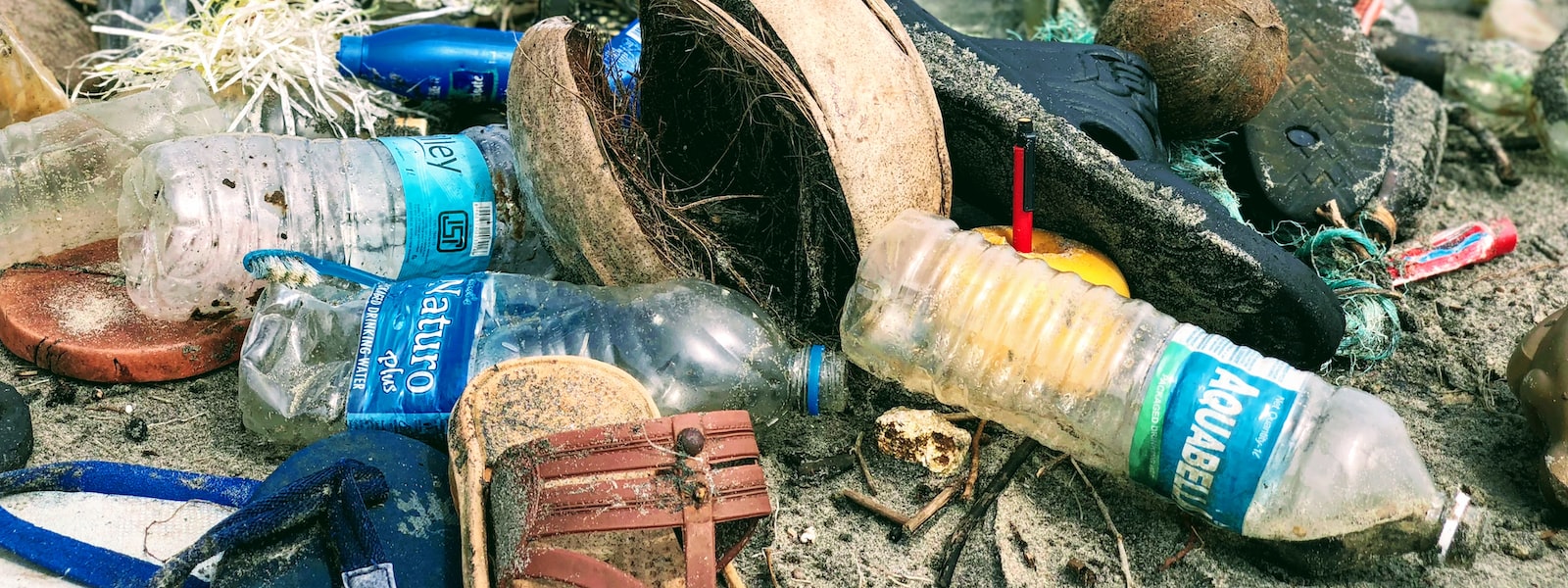
Waste refer to materials or substances that are thrown away or no longer needed. It includes items like trash, Garbage and discarded materials.
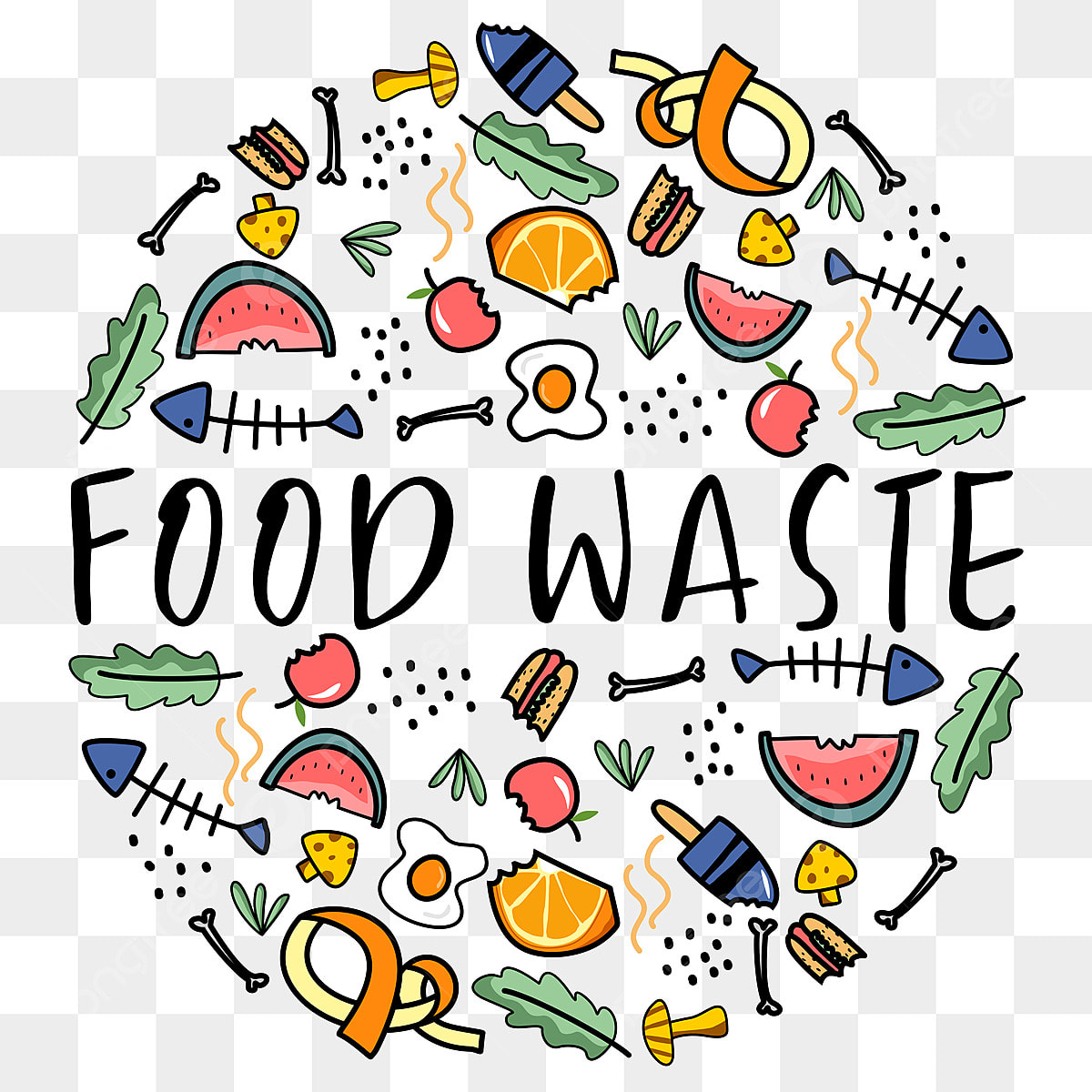
This includes food scraps, yard waste, and other biodegradable materials. It can be composted to create nutrients-rich soil.
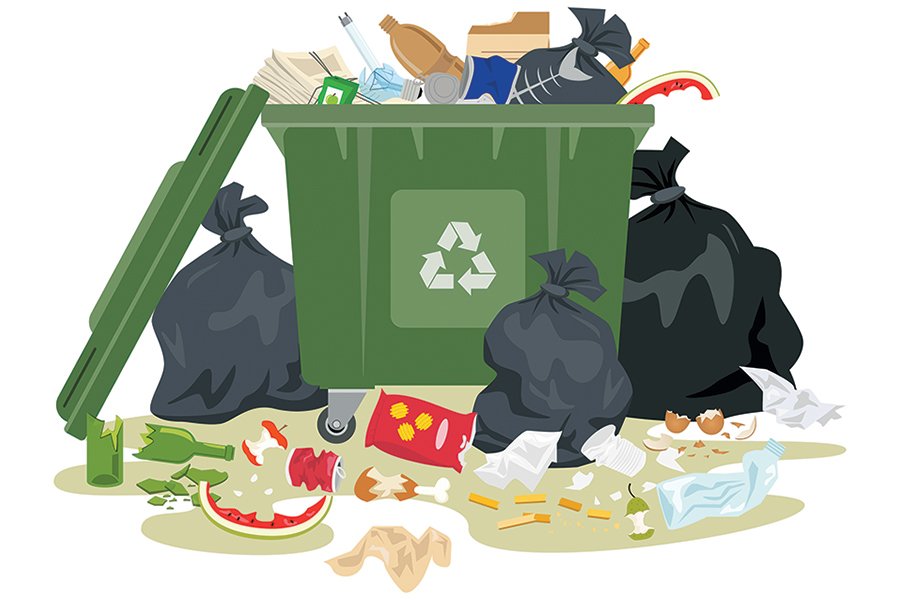
Materials like paper, cupboards, plastic, glass and metals can be recycled into new products. Remember to separate them for recycling.
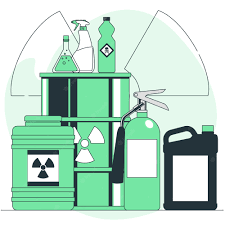
This includes Chemicals batteries, electronic waste and curtain household products. It requires special handling.
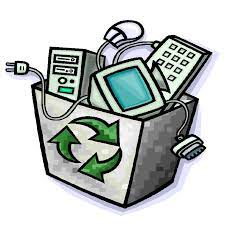
This refers to discarded electronic devices like computers, phones and appliances. They contain valuable materials.
Collection
Processing
Segregation
Storage
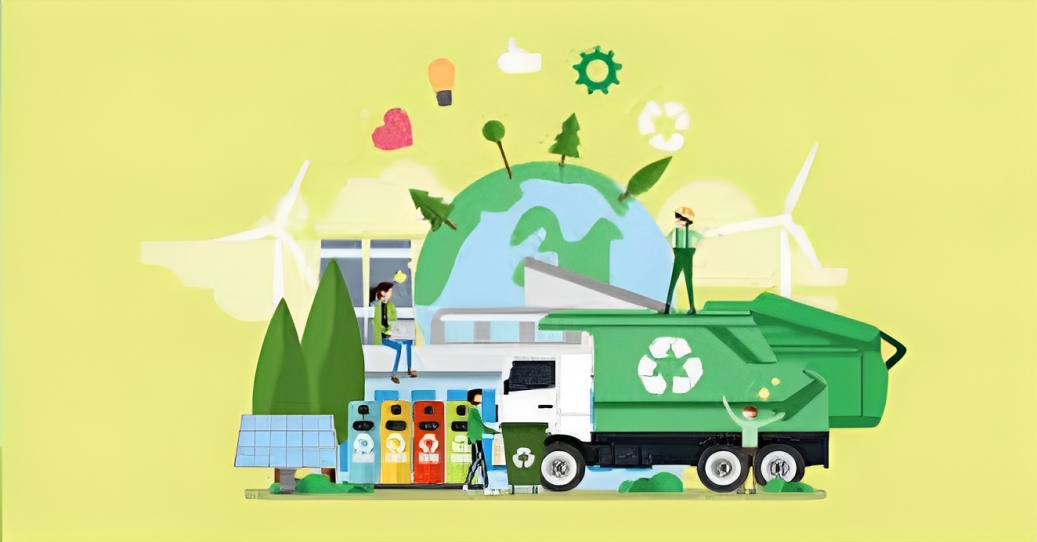
The environmental costs of waste, and especially of improper treatment of waste, can be tremendous to human health and to the environment. These include air pollution, strong odors, groundwater contamination, illnesses, and much more.
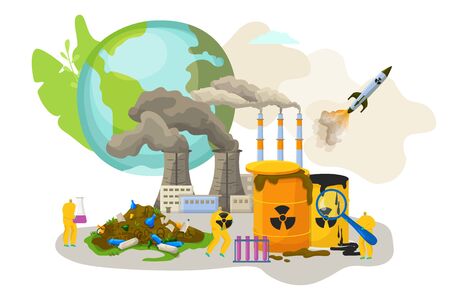
When waste is not managed properly, it can contaminate soil, water and air, leading to pollution and harming ecosystem.

Improper disposal of hazardous waste can pose health risks to human and animal. Exposure to toxic substances can cause illnesses and diseases..
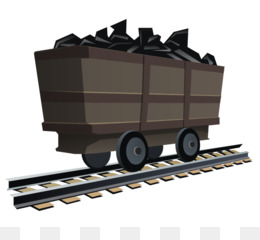
When waste is not recycled or reused, valuable resources are wasted. This puts a strain on natural resources and contributes to resource depletion.
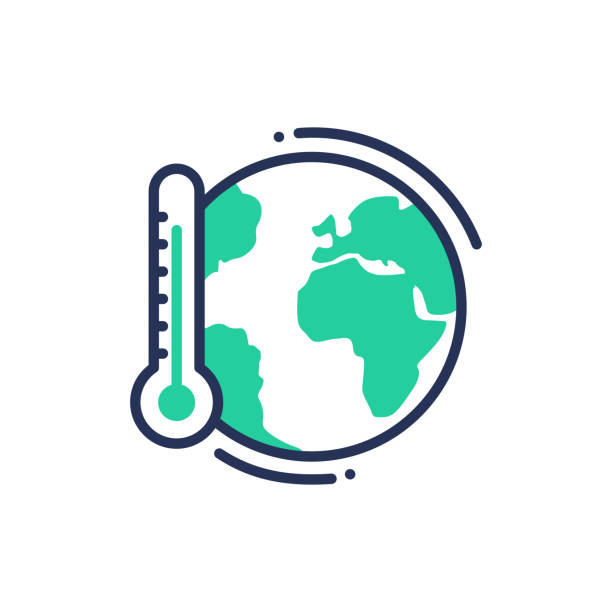
Landfills and incineration of waste release greenhouse gases, contributing to climate change and global warming.
A new wave of leaders had arrived, and they are *Trash Master*. Helping local venders and garbage collectors, by buying the waste material collected by them, on a fair price and sell it to recyclers, small business and NGOs to reuse the waste, it will be a powerful way to promote sustainability & environmental awareness.